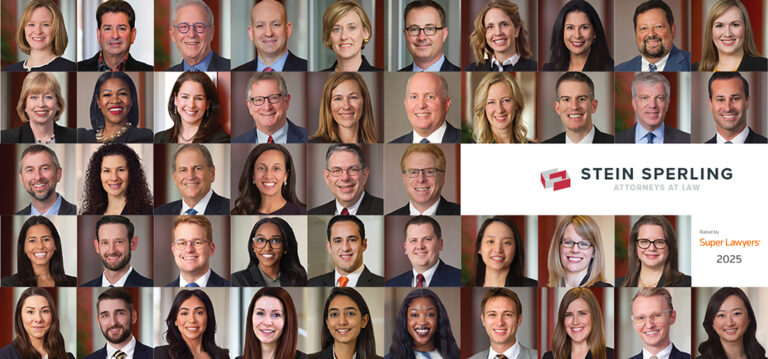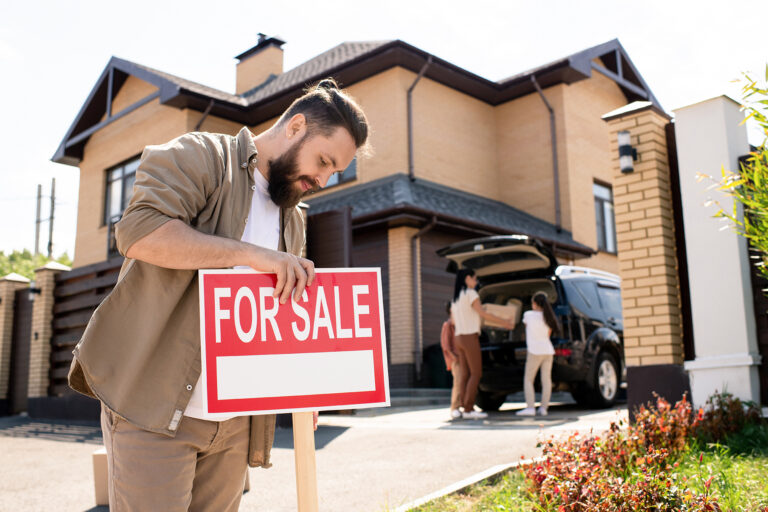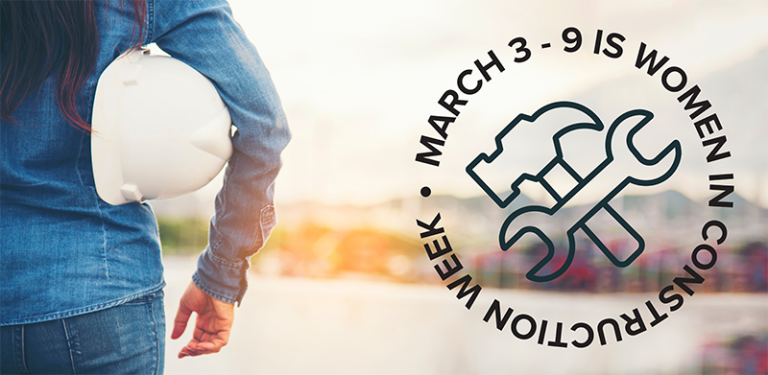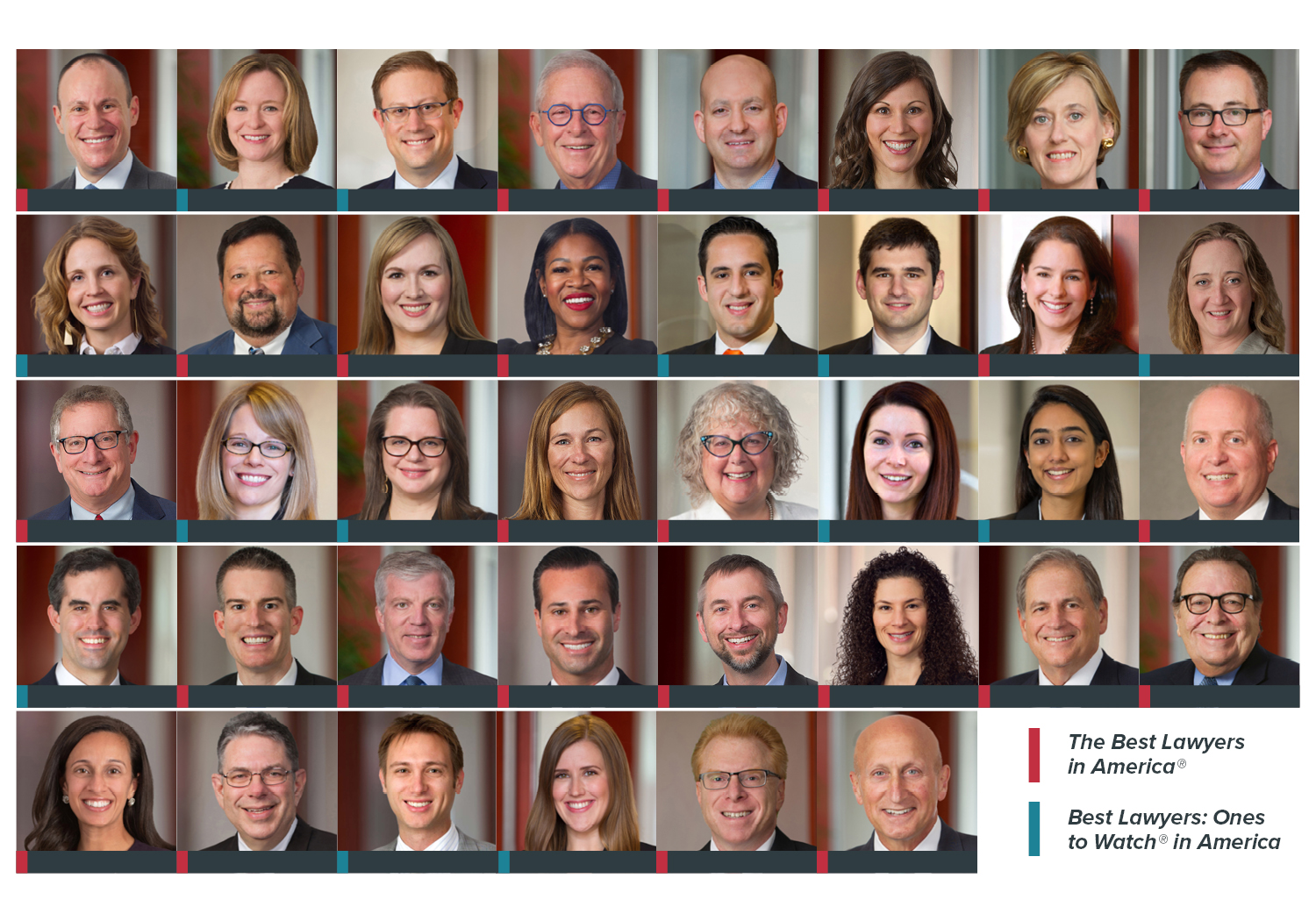June 12th, 2020
Premises Liability During COVID-19
Posted in: Real Estate Law
Author: Richard A. Loube
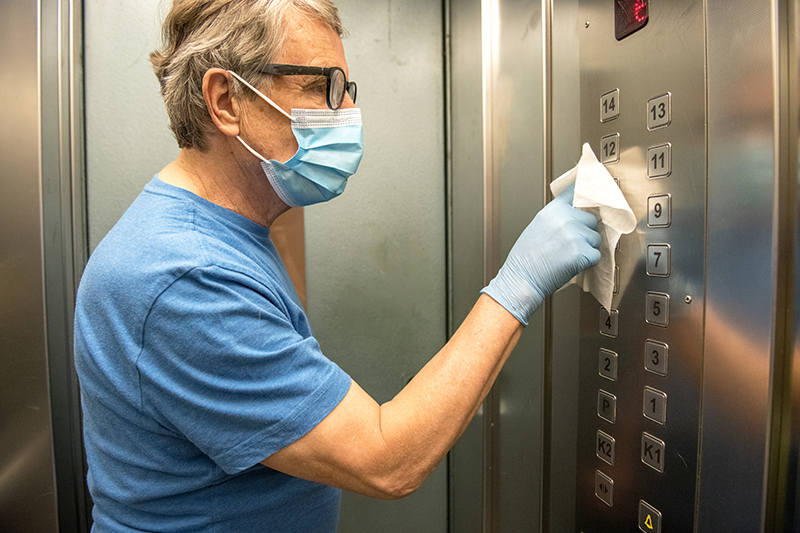
As numerous states throughout the U.S. continue their various phases of reopening and employees and patrons return to office buildings, restaurants and retail spaces, commercial landlords and tenants are facing new challenges during the COVID-19 pandemic. In a recent article by Darla J. McClure, Darla covers imperative considerations and guidelines related to bringing your workforce back during COVID-19. As a part of those considerations, inevitably, there will be an increase in the use of high-traffic areas and common surfaces, which, poses potential premises liability due to the spread of this highly communicable virus. Though Congress may enact limited liability protection for businesses that comply with federally mandated safety standards, the fate of such legislation remains in question as Congress continues to debate. Without any bright line in place affording landlords and tenants clear protection, it is advisable that landlords and tenants become familiar with their duties and obligations under principles of premises liability.
Multi-tenant Buildings and Centers
For multi-tenant buildings and centers, generally, commercial landlords have the duty of using reasonable care to maintain the common areas in a safe condition since the landlords retain control of these areas. The same cannot be said for the leased premises themselves. In the absence of an express obligation in a lease, a commercial landlord generally has no duty to maintain or repair a leased space. For single-tenant commercial properties without shared common areas, this may mean that the tenant will be solely responsible for keeping the property in a safe condition once employees return to work.
Undoubtedly, commercial landlords regularly reserve for themselves the right to enter into a leased premises and perform maintenance and repairs on behalf of a tenant. Tenants have often pointed to these provisions to argue that landlords do retain control over a leased premises and, therefore, have an obligation to maintain the leased premises. However, courts have typically opined by holding that a reservation of rights does not, by itself, create a duty or obligation on the part of the landlord.
Shared Spaces
In the case of occupants using space through an office-sharing or service agreement, such as the membership agreement used by WeWork, these agreements provide licenses, which are a distinguishable property interest. Whereas a lease gives the occupant the exclusive right to use and occupy a particular space, the license on the other hand, granted under these office-sharing agreements is not exclusive, and the licensor retains control over the entire space as a common area. As a result, licensors, such as WeWork, will be responsible for overall maintenance and cleanliness of these types of spaces. With that said, certain occupants under office-sharing and membership agreements in fact pay for a particular space, leaving open the question whether these arrangements are a license, or, in fact, a lease in disguise. Worth noting, WeWork and similar companies rent these shared spaces from the property owners, and the maintenance of common areas outside of office-sharing space likely falls back onto the property owner.
Ultimately, it is important to determine which party retains control over a space because, in any premises liability analysis, the first step is to determine whether a party owed a duty of care. Where there is a duty owed, that party must exercise reasonable care to keep the premises in a reasonably safe condition. It is for this reason that landlords, tenants, and other operators should refer to guidance issued by the World Health Organization and U.S. Center for Disease Control and Prevention in keeping office and retail space in a safe, clean, and habitable condition. Although these guidelines do not create safe harbors, observance of these guidelines will help support the position that a landlord, tenant, or other operator exercised reasonable care in the event an employee or patron later tests positive for COVID-19.
This Article provides a general discussion of principles of premises liability. The analysis of specific claims and best practices to limit potential liability depends on the unique circumstances of each case. For any business making plans to reopen to the public, it is recommended that you speak with an attorney to develop a tailored plan for reopening based on the type of premises and type of business operated at the premises.
You can find more on issues affecting businesses and individuals in our COVID-19 Resource Center.



